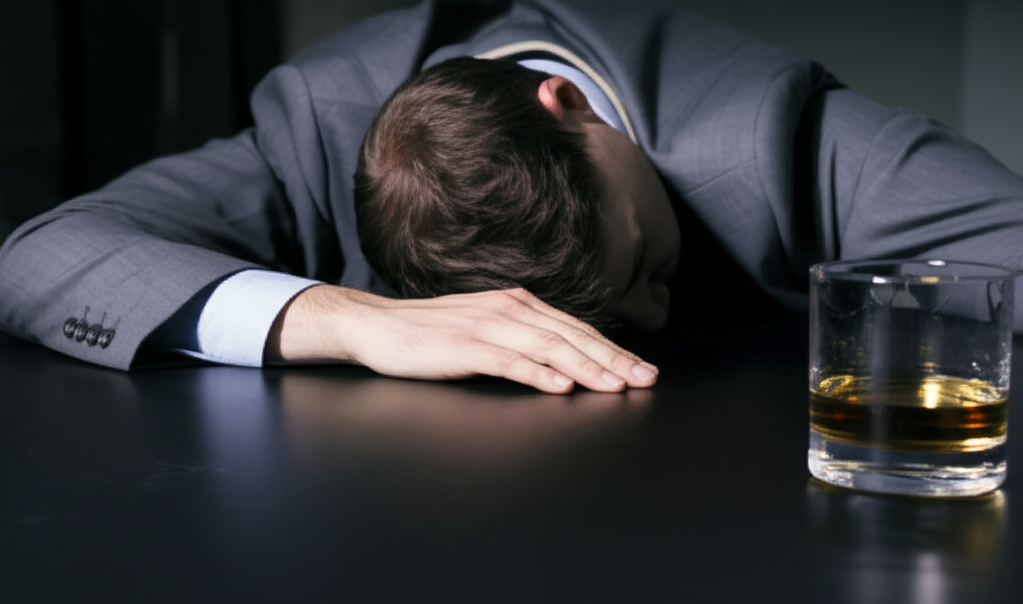The Secret We Don’t Talk About: ADHD and Self-Medication
This is one of those conversations that usually happens behind closed doors, whispered in moments of shame. But I want to bring it into the light because silence only fuels the problem.
You might be reading this because you’re worried about your partner. You’ve seen them struggle with mood swings, focus, frustration and maybe, with alcohol or other substances. You may also have one or more children with ADHD, which can make the pressure at home constant, and the cracks in adult coping strategies more visible.
If you’ve been wondering, Why can’t they just stop? What’s wrong with them? They may have promised on multiple occasions to stop or at least reduce but their commitment is short lived. I want you to know: they are not broken, and neither are you.
The Uncomfortable Truth
Many adults with undiagnosed or untreated ADHD find themselves self-medicating, sometimes for decades, without even realising it. For some, it’s endless coffee or energy drinks. For others, it’s nicotine, alcohol, cannabis, or harder substances. These can feel like magic in the moment, calming the noise, lifting the fog, making social situations easier, or just taking the edge off a stressful evening.
It’s not weakness or lack of willpower. It’s a brain looking for balance in the only way it knows how.
Why It Happens
ADHD isn’t just about focus, it’s about regulation: of attention, emotions, arousal, and reward. Without treatment, the brain often chases dopamine, the “motivation” chemical. Substances can temporarily provide that boost or relief.
But they don’t address the underlying ADHD. And over time, they can create new problems such as dependence, shame, health issues, and family tension.
When you’re also raising one or more children with ADHD, the stress can be relentless. The noise, the demands, and the unpredictability can make an unmanaged adult ADHD brain more likely to reach for whatever brings relief fastest.
The Diagnosis Shift, And the Hidden Risk
Getting diagnosed and starting ADHD medication can be life-changing. But there’s a risk no one talks about enough: continuing to self-medicate on top of prescription stimulants.
Mixing stimulants with alcohol or other substances can be risky both physically and emotionally. Alcohol, for example, can mask the sedating effects that usually tell you to slow down, making it easier to drink more than intended. Old coping patterns can slip back in, especially under stress.
Know That You Are Not The Only One Experiencing This Problem
Addiction or risky substance use is far more common in ADHD than most people know, or want to talk about, especially when ADHD is undiagnosed. It’s not a moral failing. It’s a brain difference.
And there is help. Real help. Not just “try harder,” but ADHD-informed support that understands why your partner might be reaching for something in the first place and help that offers healthier, lasting ways to meet those needs.
What Help Looks Like
ADHD-informed therapy or coaching to replace shame with understanding and practical tools.
Medical guidance to make sure ADHD treatment is effective and safe.
Support for the whole family, because ADHD doesn’t exist in isolation.
Connection with people who understand both ADHD and substance use, so there’s no need to explain or justify or feel the shame of being judged.
So while you can’t “fix” your partner, you can be part of the turning point. The first step is breaking the silence. If any of this sounds familiar, you’re not overreacting. You’re noticing. You’re caring. And that matters more than you realise.
When you’re ready, I’m here to listen. No judgement, just understanding. Let’s talk about what’s been happening and how we can make things lighter and safer for you and your family.

